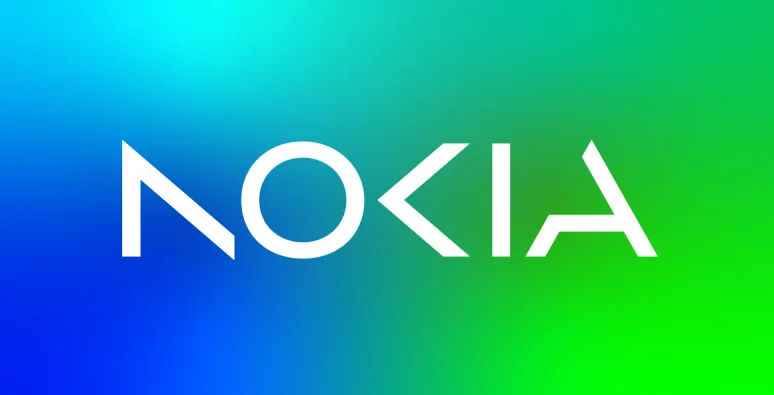Nature’s Quantum, Goddamn It!
We’ve come a long way since American physicist Richard Feynman first asked whether classical computers could simulate a physical system. He then said, delving deeper, if a quantum system could do the same.
Since the early 1980s and Feynman’s thought experiment, we have moved on in leaps and bounds. Peter Shor’s famous algorithm in 1994. The founding of the first-ever commercial quantum computing company D-Wave Systems right at the end of the 20th century. These have been things that changed the landscape, all for the good of this industry that will — someday — change the way we live.
‘Nature is quantum, goddamn it! So if we want to simulate it, we need a quantum computer.’

– Richard Feynman
Because it seems, quite rightly, that with every waking day new discoveries in the discipline are taking place, new hopes in research that will exponentially speed up algorithm effectiveness and improve on the hardware we have already built.
Atom Computing
A few weeks ago in an article, I touched on the Berkely, California startup Atom Computing — the brainchild of co-founder Benjamin Bloom, a Ph.D. graduate from the University of Colorado, ex-employee at Rigetti Computing and a member of the research team that successfully improved by three times the accuracy of the world’s best atomic clock — and how it wants to change, like all the others in the industry, the landscape of quantum computing. With such an impressive résumé to fall back on, nobody is counting against Bloom and his team achieving their goals.
‘Harnessing the power of atoms to create amazing machines.’
– Atom Computing
And after $5M raised in a seed round led by Venrock, a venture capital firm, as well as additional seed cash from Fifty Years, Preclude Ventures and the National Science Foundation, the future looks bright for this innovative startup in the quantum computer space.

Millions of Qubits
Their novel approach, unlike many of the other companies in the arena, has been called a ‘dark horse’ by industry professionals and tech journalists. They intend, through the manipulation of individually trapped neutral atoms, to achieve a high number of logical qubits (those needed to attain workable quantum computers). This wireless qubit approach, then, which they claim can execute extended coherence times, promises to be the future of the industry if they can scale the number of logical qubits into the millions.
This methodology is unique within the industry. Yet Bloom, with his co-founder Jonathon King, believe what they are doing will, in the end, get them to their goal of producing scalable architectural systems, naturally bypassing the Noisy Intermediate-Scale Quantum (NISQ) devices that are currently the goal in the industry.
If it happens or not is anybody’s guess. Yet with research well established in many areas of the quantum computing space, adding one more to the melange cannot do any harm.
‘Remember that accumulated knowledge, like accumulated capital, increases at compound interest […] Knowledge thus accelerates its own advance. Each generation, therefore, to deserve comparison with its predecessor, is bound to add much more largely to the common stock than that which it immediately succeeds.’
— Charles Babbage
Accumulated Knowledge
Startups IonQ, Rigetti and Atom Computing all have different approaches. Like their corporate counterparts of Google, IBM, Intel and the rest, too, but it is in the ‘accumulated knowledge’ garnered, the state of separate, individual work completed that will, in the end, eventually arrive at a synthesis of technological unity that is of the utmost importance.
With this attitude, we will change the world.
And Atom Computing is just one tiny, but important part, of the overall jigsaw.















